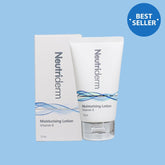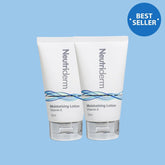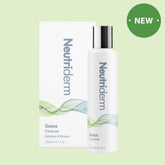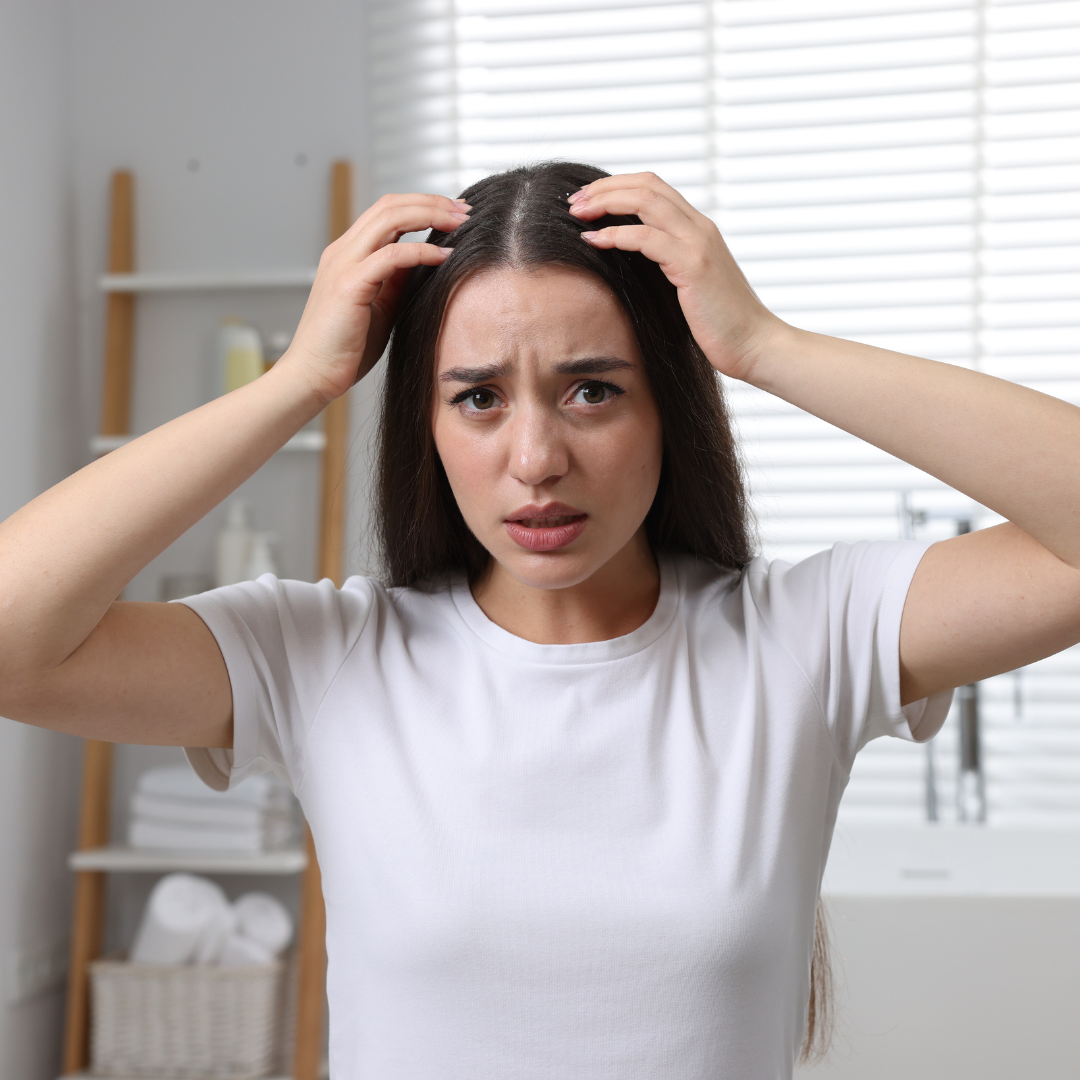How Does Dry, Itchy, and Oily Scalp Lead to Dandruff: Treatment and Prevention
Imagine being in the middle of an important presentation, nailing your points with confidence. Suddenly, an insistent itch erupts on your scalp. You try to ignore it, but it intensifies, turning your focus from your presentation to the growing urge to scratch. This frustrating scenario is all too familiar for millions who battle dandruff and an itchy scalp.
Dandruff. The word itself evokes a cringe – visions of white flakes raining down your shoulders and a persistent itch that disrupts your entire day. But beyond the aesthetic annoyance, dandruff and an itchy scalp can be a real burden, impacting your confidence, sleep quality, and even social interactions.
A Constant Battle
An itchy scalp isn't just a minor inconvenience. It's a constant battle that wages war on your focus and well-being. The relentless urge to scratch disrupts everything you do, from work meetings to spending time with loved ones. Imagine trying to concentrate on a complex task while your scalp feels like it's on fire! The discomfort can also affect your sleep, leaving you exhausted and irritable.
Social Impact of Dandruff
Dandruff isn't just about having a bit of "snow" on your shoulders. The constant flaking can be a source of immense self-consciousness. The fear of visible flakes can lead you to avoid social situations or constantly worry about how you appear to others. In a world obsessed with perfect hair, dandruff can take a toll on your confidence and social interactions.
When Dandruff Gets Serious
Sometimes, dandruff goes beyond a few harmless flakes. In severe cases, it can be accompanied by:
- The scalp becomes sore, irritated, and painful.
- Even gentle brushing can trigger discomfort, scalp becomes excessively sensitive
- Constant scratching and inflammation can damage hair follicles, leading to hair loss.
Dandruff may seem like a minor issue, but it can significantly impact your quality of life. Let's delve deeper into the science behind these conditions and explore solutions to finally achieve a healthy, itch-free scalp.
The scalp is a complex ecosystem teeming with life, and maintaining its balance is crucial for healthy hair and a comfortable head. Two key factors play a significant role in scalp health: natural oils and a resident fungus called Malassezia. Let's explore how these elements interact and how imbalances can lead to dryness, oiliness, and dandruff.
Natural Oils: A Scalp's Built-in Moisturizer
Your scalp produces sebum, an oily, waxy substance that acts as a natural moisturizer. Sebum keeps your scalp and hair hydrated, prevents dryness, and even has some antimicrobial properties. However, sebum production can vary depending on individual factors like hormones, genetics, and climate.
-
Dry Scalp : When sebum production dips below normal levels, your scalp loses its natural moisture barrier. This dryness can manifest as itching, flaking, and even a tight, uncomfortable feeling on the scalp.
Here's where the Neutriderm Hair Enhancer Lotion, with its unique blend of ingredients, can play a supporting role. Saw palmetto extract, while not directly targeting dandruff, may help inhibit the conversion of testosterone into DHT, a hormone linked to hair loss in some. Biotin and panthenol, B vitamins often associated with hair health, can work wonders. Biotin may strengthen hair, while panthenol adds moisture and shine.

Hydrolyzed Hydrolysed wheat and silk proteins act like tiny reinforcements, adding strength and elasticity to hair strands. Vitamin E, an antioxidant, helps protect the scalp from free radical damage. For those seeking a gentler alternative to harsh chemical hair loss treatments, Neutriderm Hair Enhancer Lotion offers a natural and nourishing approach.
Malassezia: A Fungal Friend (or Foe)
Malassezia is a type of yeast that lives naturally on almost everyone's scalp. In a healthy scalp ecosystem, Malassezia plays a beneficial role by breaking down scalp oils. However, in some individuals, an overgrowth of Malassezia can trigger an inflammatory response.
-
Dandruff and Oily Scalp:
When Malassezia overgrows, it breaks down sebum into irritating byproducts. This irritation triggers the scalp to shed skin cells at an accelerated rate, resulting in the characteristic flaking of dandruff. Ironically, this irritation can also stimulate the scalp to produce even more sebum, creating a vicious cycle of oiliness and flaking.
The Link Between Dryness, Oiliness, and Dandruff
While dandruff is often associated with oily scalps, it can also occur in people with dry scalps. Here's why:
-
Dry Scalp and Dandruff
Sometimes, harsh shampoos or environmental factors can strip the scalp of its natural oils, leading to dryness. This dryness can disrupt the scalp's natural barrier function, making it more susceptible to Malassezia overgrowth and subsequent dandruff.
-
Irritating Products and Dandruff
Using harsh shampoos or styling products with irritating ingredients can also trigger inflammation, leading to dandruff even on an oily scalp.
Understanding the interplay between dryness, oiliness, and Malassezia is crucial for choosing the right approach to address dandruff and itchy scalp.
Neutriderm Anti-Dandruff Shampoo tackles dandruff with a two-pronged attack. Climbazole, a powerful antifungal agent, targets Malassezia, the fungus at the root of dandruff woes. Clinical studies back its effectiveness in reducing flaking. But this shampoo doesn't stop there. Citric acid helps maintain a slightly acidic scalp environment, making it less hospitable to some fungi and bacteria.

For an extra touch of manageability and shine, Polyquaternium-10 swoops in. This ingredient reduces static cling, leaving your hair smooth and manageable, and even helps improve the texture of hair damaged by heat styling or chemical treatments. So, while Neutriderm Anti-Dandruff Shampoo combats dandruff with science-backed ingredients, it also offers a touch of pampering for your hair.
Conclusion
In conclusion, dandruff and itchy scalp can be a real drag, impacting your confidence and daily life. But fear not! By understanding the science behind these conditions and incorporating the right strategies, you can finally achieve a healthy, flake-free scalp. Remember, consistency is key! Regularly use shampoos with effective ingredients like Climbazole, maintain a balanced lifestyle, and consider natural remedies for an extra boost.
With a little effort, you can say goodbye to the frustration of dandruff and itchy scalp, and embrace beautiful, healthy hair you can be proud of. For more persistent scalp concerns, don't hesitate to consult a dermatologist to create a personalized treatment plan. Remember, a healthy scalp is the foundation for vibrant, beautiful hair!
FAQs
Can Dandruff Cause Hair Loss?
The blog discussed that while dandruff itself doesn't directly cause hair loss, it can play a contributing role in some cases. Severe dandruff can be incredibly itchy, and constant scratching can irritate the scalp and damage hair follicles. This damage might lead to temporary hair loss around the scratched areas. Not only this dandruff can sometimes cause scalp inflammation. If left untreated, chronic inflammation can weaken hair follicles and potentially contribute to hair loss.
Does Removing Dandruff Stop Hair Loss?
In most cases, treating dandruff won't necessarily stop hair loss completely. However, by addressing the underlying cause of dandruff (like Malassezia overgrowth), you can create a healthier scalp environment. This, in turn, can promote optimal hair growth and potentially reduce hair loss caused by scratching or inflammation.
Is Dandruff a Permanent Problem?
Dandruff can be chronic for some people, but it's not necessarily permanent. With consistent use of the right shampoos (like Neutriderm Anti-Dandruff Shampoo with Climbazole) and a focus on scalp health, you can achieve long-term relief. Remember, maintaining a balanced diet, managing stress, and using gentle hair care practices can all contribute to keeping dandruff at bay.
How Do You Get Rid of Dandruff 100%?
Unfortunately, there's no guaranteed way to eliminate dandruff 100% forever. However, by following the tips mentioned in the blog, you can significantly reduce flaking and achieve long periods of remission. Here's a quick recap:
- Use shampoos with proven anti-dandruff ingredients like Climbazole or Ketoconazole.
- Consider incorporating natural remedies like apple cider vinegar or tea tree oil (always diluted!) into your hair care routine, but consult a dermatologist beforehand to ensure they're suitable for your scalp.
- Focus on maintaining a healthy scalp by managing stress, eating a balanced diet, and using gentle hair care practices.
- If dandruff persists despite these efforts, consult a dermatologist for a personalized diagnosis and treatment plan.







